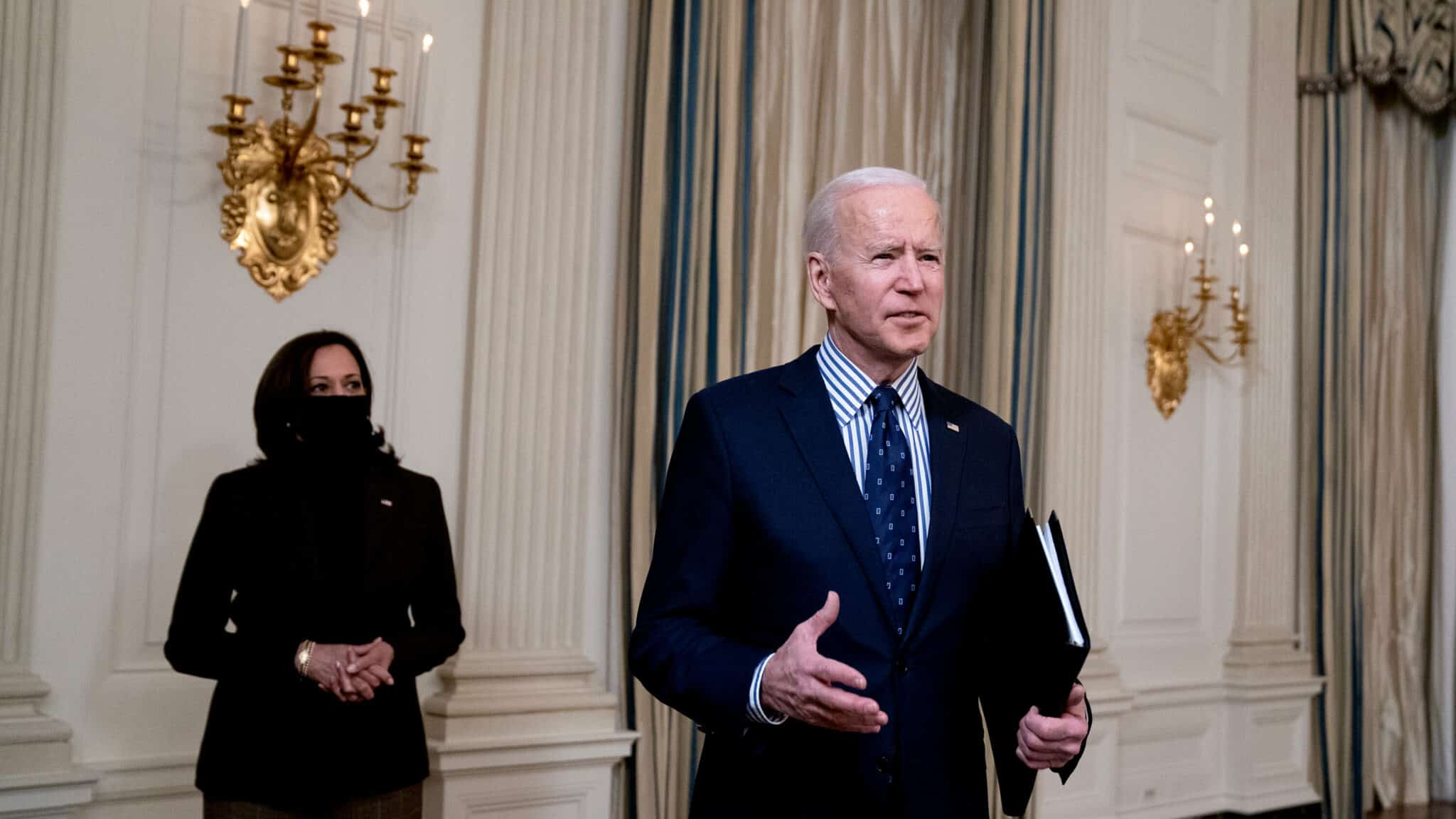Anita Alem is a student at Harvard Law School.
In today’s news and commentary, Biden’s labor aide resigns and is replaced with a former union official, states continue to pass restrictions against nondisclosure agreements, and Mitch McConnell says that Americans are not participating in the labor market because they feel “flush for the moment.”
Seth Harris, a deputy assistant to President Biden on labor, recently resigned from his position at the White House for a teaching post at Northeastern University. Celeste Drake, who was previously a senior trade official at the AFL-CIO and the “Made in the America” director for the White House Office of Management and Budget, will be replacing Harris.
The #MeToo movement shone a light on how nondisclosure agreements (NDAs) imposed following sexual harassment settlements silenced workers. Bloomberg reports that fifteen states have responded within the past several years by passing laws restricting employers from imposing NDAs following claims of workplace sexual harassment. For example, California’s law outright bans NDAs in sexual harassment and assault claims, whereas Maine’s law, which goes into effect in August, permits NDAs in any discrimination claims only if the employer can demonstrate express monetary consideration in exchange for the agreement. Washington’s law, which went into effect in June, has gone even further to forbid NDAs altogether in all workplace discrimination and wage and hour claims.
On Tuesday, Senate Minority Leader Mitch McConnell shared that he believes the labor shortage is a result of potential workers “sitting on the sidelines because, frankly, they’re flush for the moment” as a result of stimulus checks that went out more than one year ago as part of pandemic relief. Instead, McConnell said, “What we’ve got to hope is once they run out of money, they’ll start concluding it’s better to work than not to work.” However, the Washington Post reports that unemployment rates are at historic lows while the gas and consumer goods prices are at historic highs, placing immense pressure on workers.






Daily News & Commentary
Start your day with our roundup of the latest labor developments. See all
January 18
Met Museum workers unionize; a new report reveals a $0.76 average tip for gig workers in NYC; and U.S. workers receive the smallest share of capital since 1947.
January 16
The NLRB publishes its first decision since regaining a quorum; Minneapolis labor unions call for a general strike in response to the ICE killing of Renee Good; federal workers rally in DC to show support for the Protecting America’s Workforce Act.
January 15
New investigation into the Secretary of Labor; New Jersey bill to protect child content creators; NIOSH reinstates hundreds of employees.
January 14
The Supreme Court will not review its opt-in test in ADEA cases in an age discrimination and federal wage law violation case; the Fifth Circuit rules that a jury will determine whether Enterprise Products unfairly terminated a Black truck driver; and an employee at Berry Global Inc. will receive a trial after being fired for requesting medical leave for a disability-related injury.
January 13
15,000 New York City nurses go on strike; First Circuit rules against ferry employees challenging a COVID-19 vaccine mandate; New York lawmakers propose amendments to Trapped at Work Act.
January 12
Changes to EEOC voting procedures; workers tell SCOTUS to pass on collective action cases; Mamdani's plans for NYC wages.